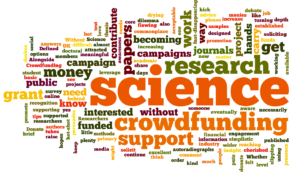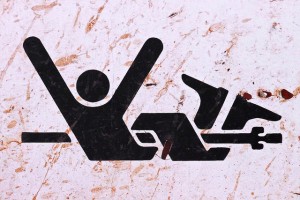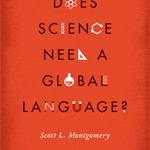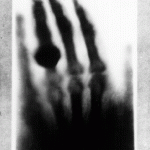Why support crowdfunding for science research?
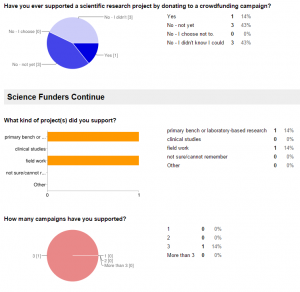 We were curious about this question, and we decided to take the opportunity presented by the annual meeting of the American Association for Advancement of Science and the first conference of the newly formed Citizen Science Association, which both took place in San Jose last week and this weekend. We put together a short survey and tweeted/blogged/Facebooked it to the attendees and our followers: to you laypeople, this is what’s known as a “convenience sample” (convenience sampling is the reason so much basic research is done on university students). We figured a few thousand people keen on advancing science generally and citizen science in particular would be a great way to find people who had supported science crowdfunding.
We were curious about this question, and we decided to take the opportunity presented by the annual meeting of the American Association for Advancement of Science and the first conference of the newly formed Citizen Science Association, which both took place in San Jose last week and this weekend. We put together a short survey and tweeted/blogged/Facebooked it to the attendees and our followers: to you laypeople, this is what’s known as a “convenience sample” (convenience sampling is the reason so much basic research is done on university students). We figured a few thousand people keen on advancing science generally and citizen science in particular would be a great way to find people who had supported science crowdfunding.
The response, unfortunately, was not what we’d hoped. We had seven responses, with one respondent giving reasons for supporting science via crowdfunding. A huge thank you to those who participated. While we sure won’t be publishing any papers with these responses (and that was never the plan anyway!), we can talk about the data points we got—and for those who are keen to learn more, we’ve added some links at the end.Read More »Crowdfunding science: Why donate, part II

 We were curious about this question, and we decided to take the opportunity presented by the annual meeting of the American Association for Advancement of Science and the first conference of the newly formed Citizen Science Association, which both took place in San Jose last week and this weekend. We put together
We were curious about this question, and we decided to take the opportunity presented by the annual meeting of the American Association for Advancement of Science and the first conference of the newly formed Citizen Science Association, which both took place in San Jose last week and this weekend. We put together 